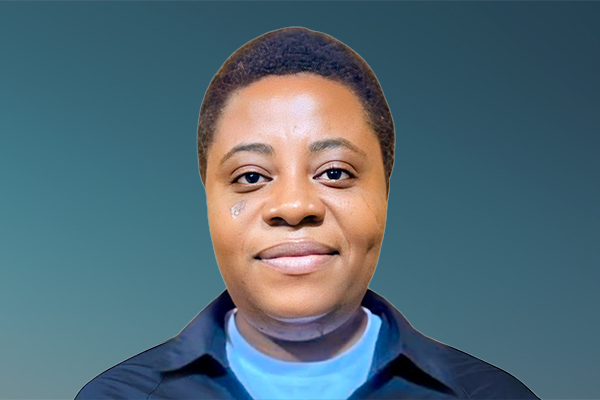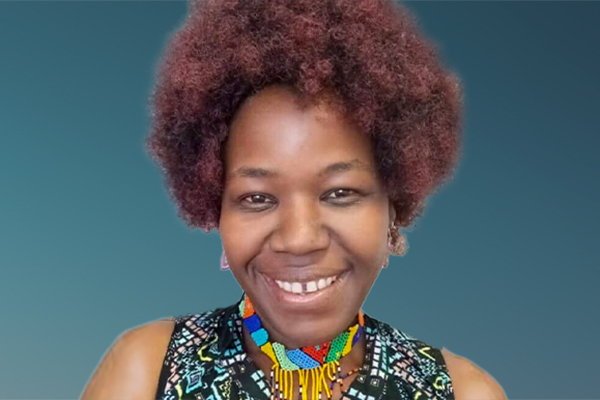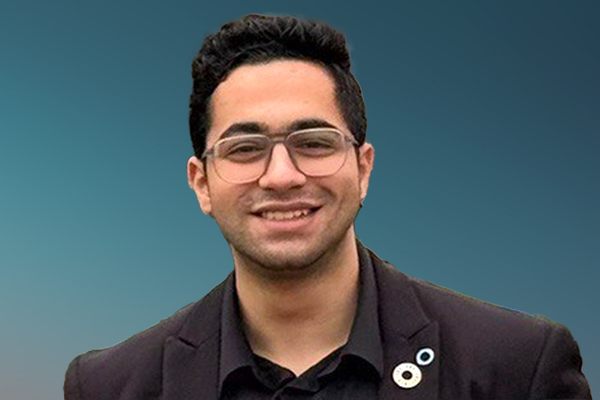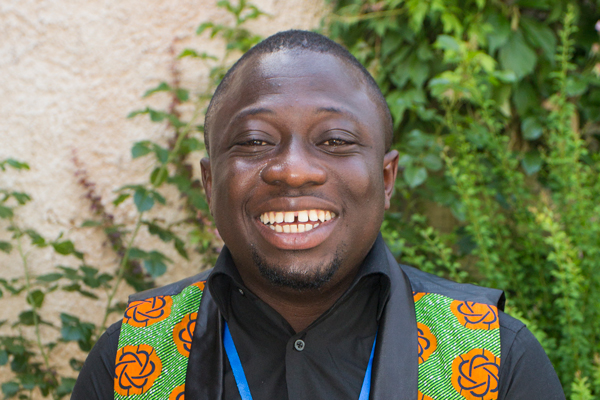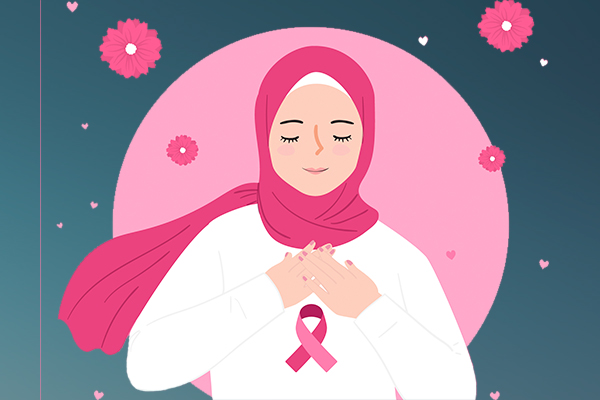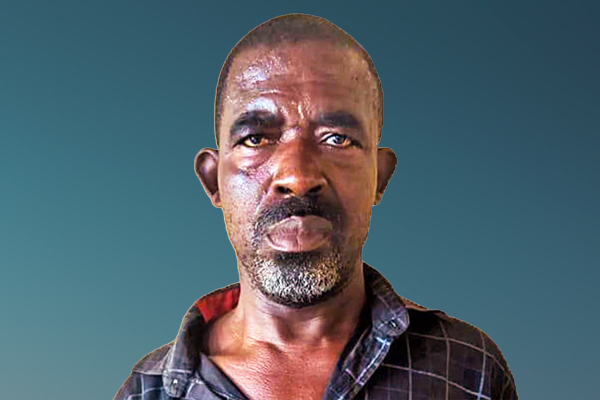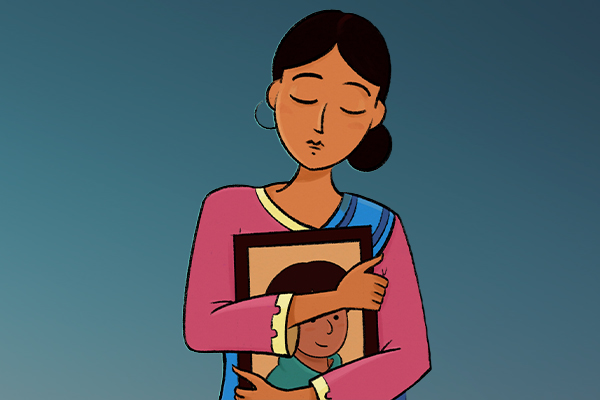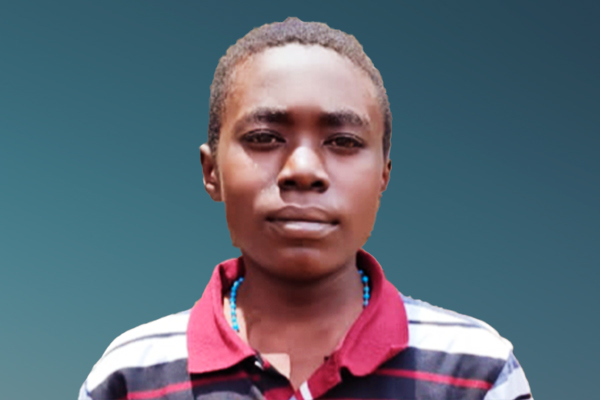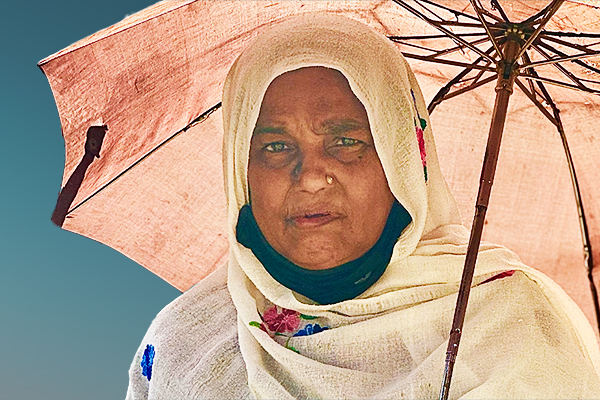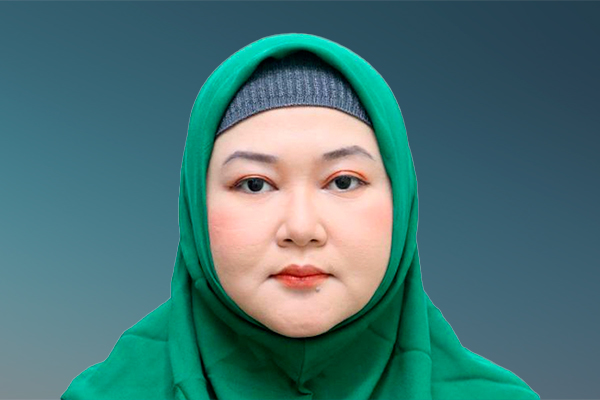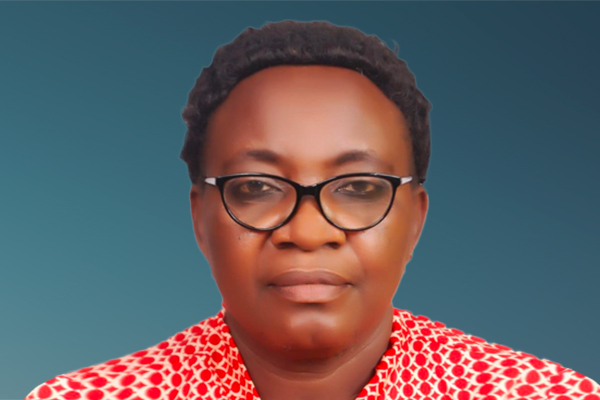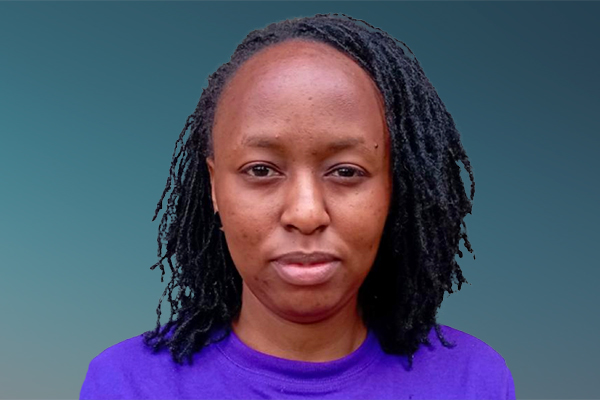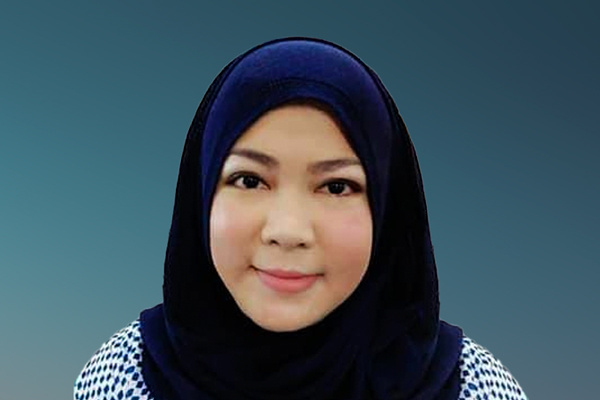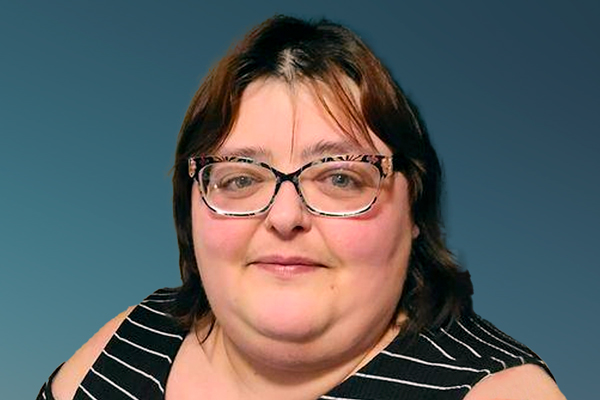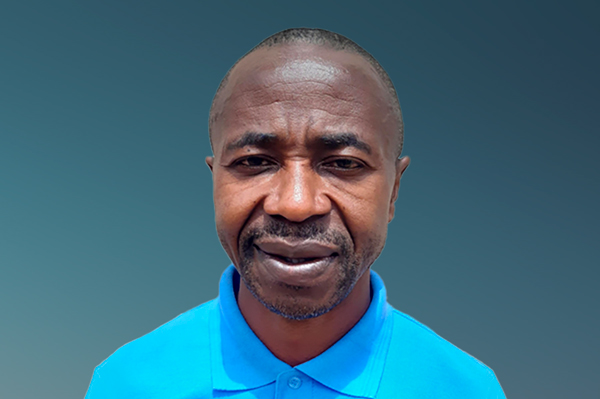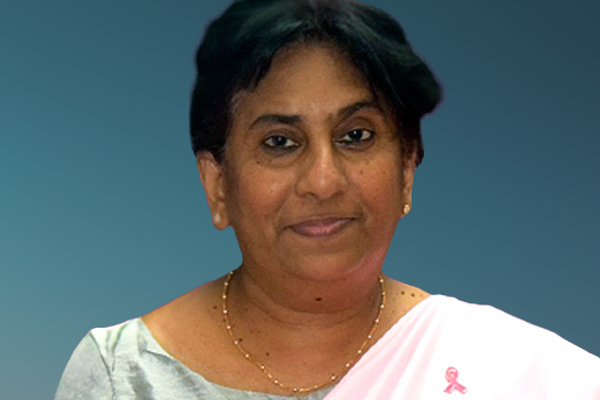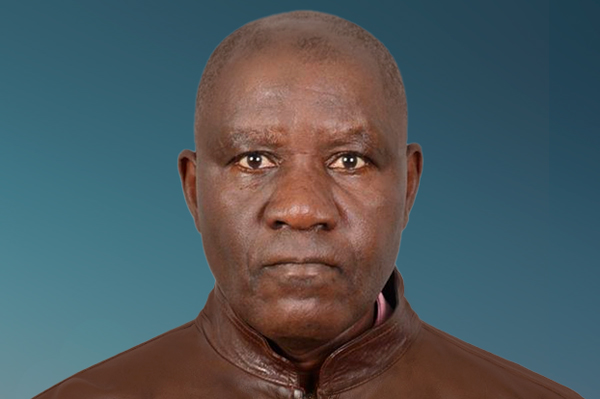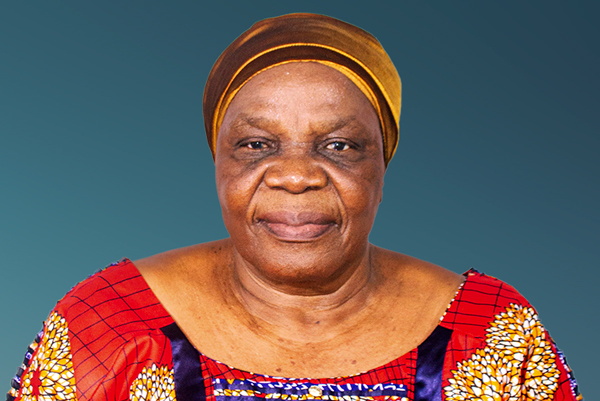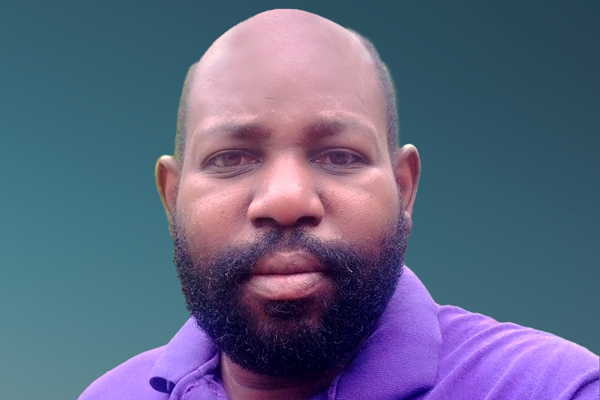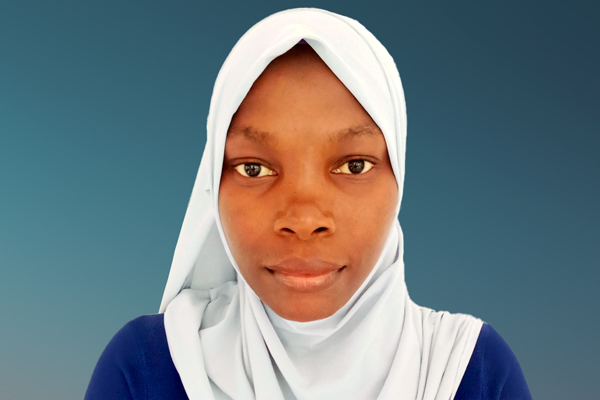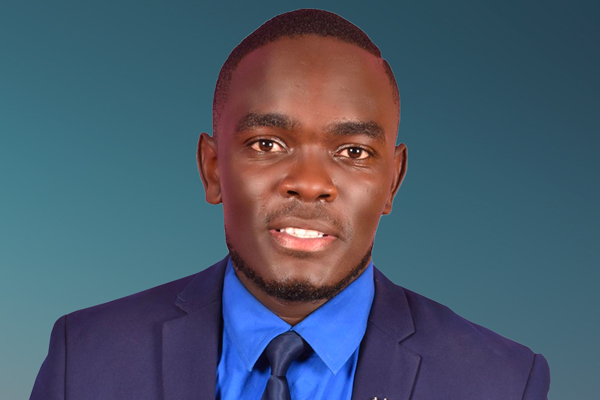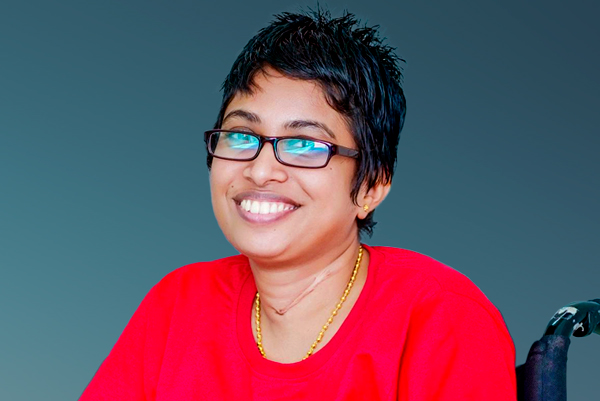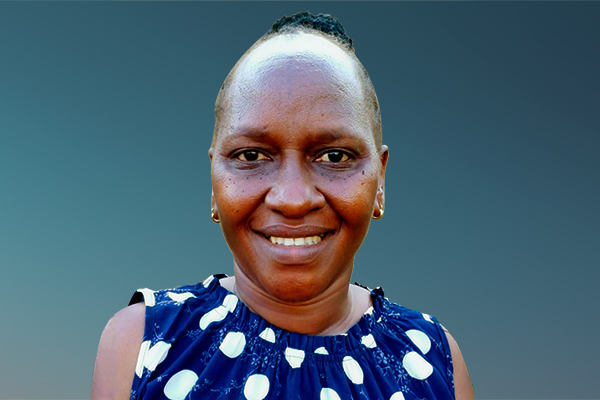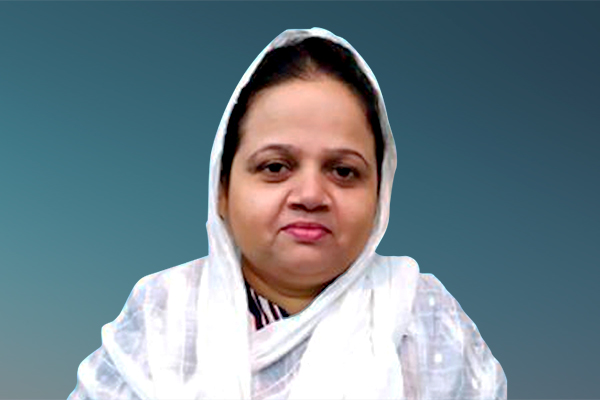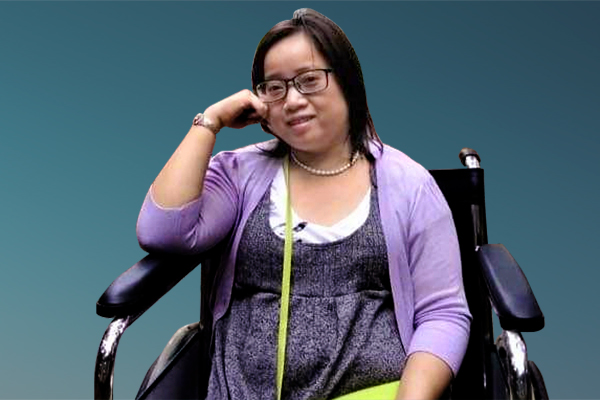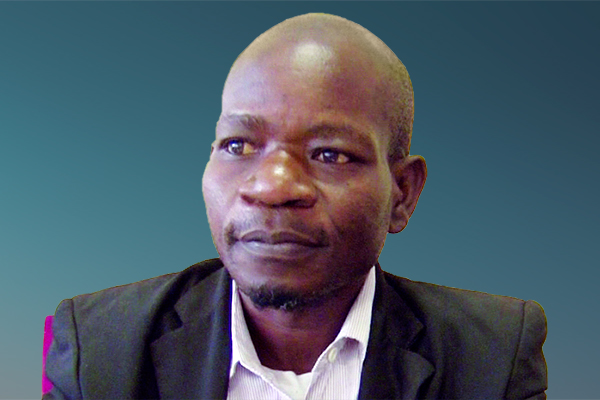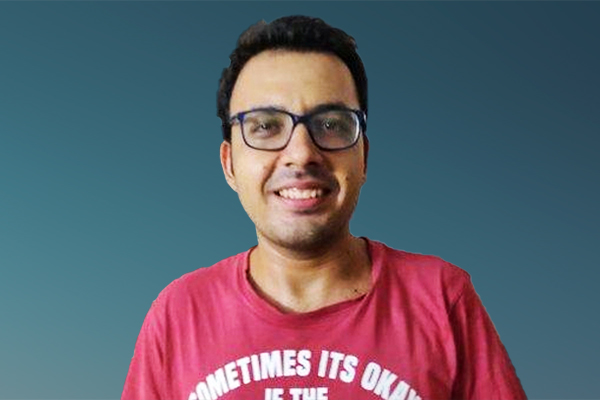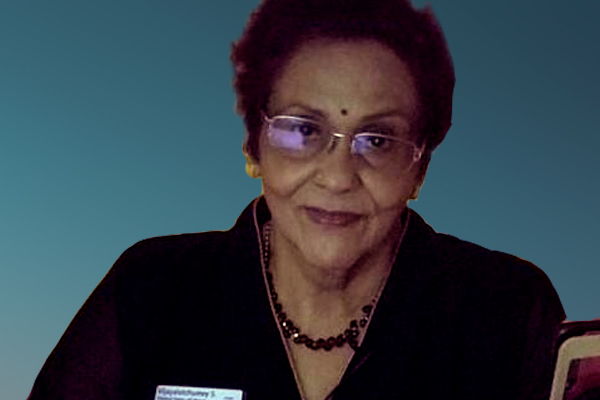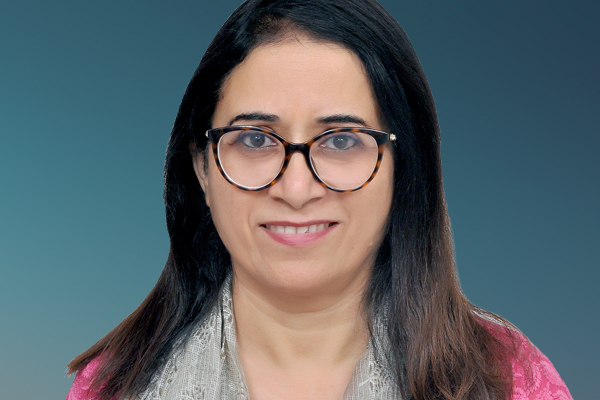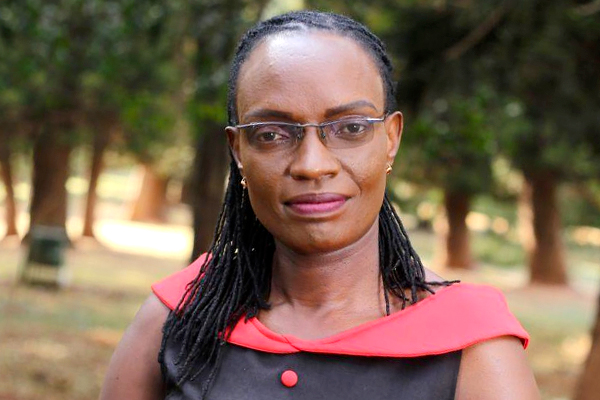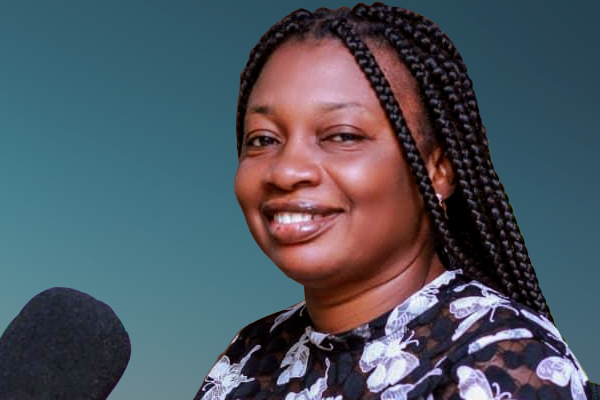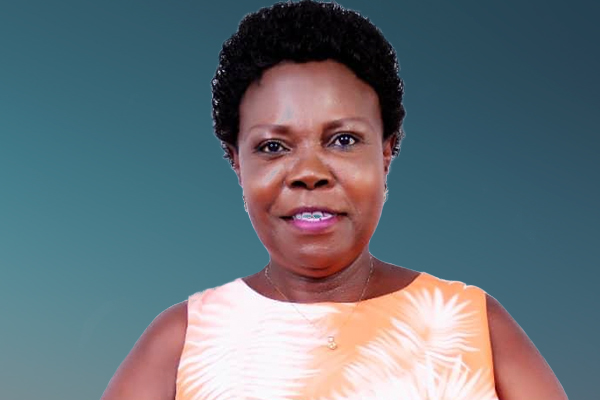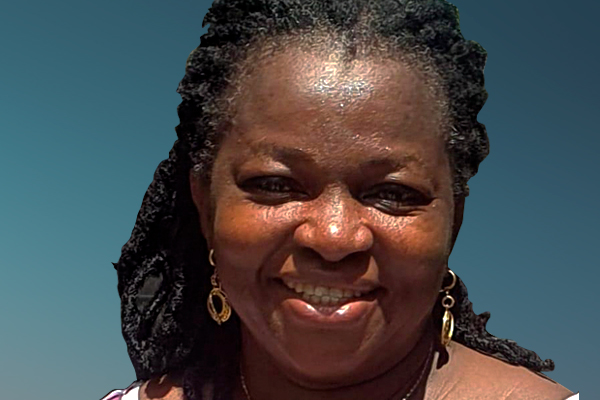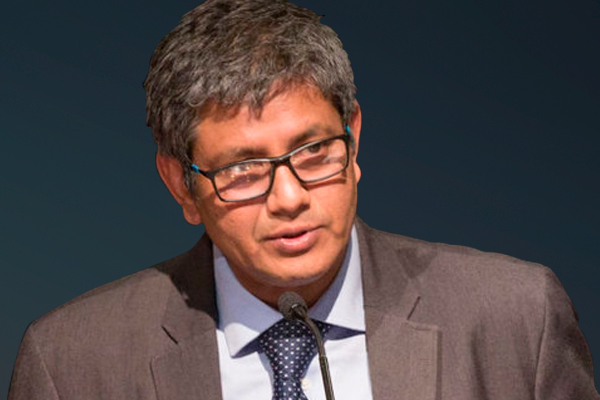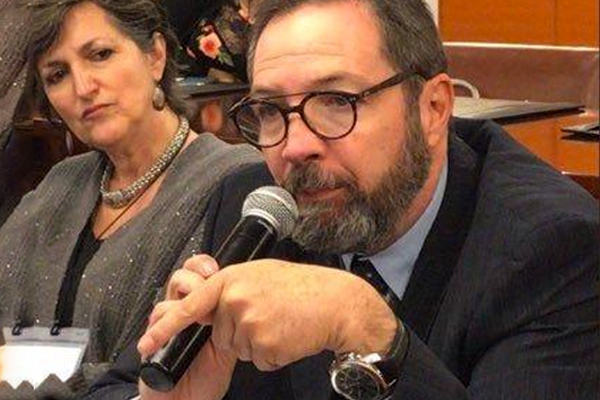My name is Shamim Talukder and I’m from Bangladesh. It's been 12 years now that I have been living with cardiovascular disease, diabetes and eye problem.
I'm sharing my story because I want to raise my voice to ensure quality NCD care, treatment and prevention.
25 April 2021
Loss of a Magician
Waking up early in the morning, recollecting some fine conversation made with my father a few days before his hospitalization, filled me with hope to have my Magician back into life. He was shifted for dialysis to a different floor and had a femoral catheter inserted at 8:30 PM.
I rushed to see him after receiving a call outside the CCU of the hospital. He was given CPR and I was standing still. The values of the concentration monitor are going towards ZERO and I still am standing. They give electrical cardioversion, heartbeat up to 34, then the monitor has gone plain. ZERO, ZERO, and ZERO.
All the surroundings turned pale, I closed my eyes and saw that ZERO as a door to a world full of fighters who, if assisted, would win the battle. I found no better word than ‘fighter’ to address us: the people living with NCDs.
Despite being a doctor and public health expert, medication for my cardiac problem and diabetes costs me a large amount of money every month and creates economical strain for me. In this pandemic hour, even the shortage and high price of imported medicines is being noticed. At the same time, being a person living with multiple NCDs makes me realize the struggle and misery of lower‑middle‑income people and those who are below the poverty line.
I was hospitalized for seven days at the age of 40 due to experiencing severe chest pain and suffocation. Through an angiogram, a heart attack was identified and my NCD journey turned to cardiac complications, along with hypertension. The pain I went through reminds me of those fighters at every moment. Their absolute willingness to live in a bit of a healthier way keeps ringing as a constant reminder in my mind.
Both my NCDs journey and the loss of my Magician motivated me to work for social‑economical determinants of NCDs, and I will raise my voice against all the disruption in the healthcare system that is preventing these lower‑middle‑income people to enjoy their health. I will advocate for a world to celebrate victory with them, together.
28 June 2021
Let's Dream Our World Together
In 2009, I remember lying on the hospital bed, experiencing severe chest pain and suffocation. With the news of a heart attack, my journey with cardiac complications, including hypertension, started. Later in 2016, weight loss and muscle atrophy opened a new chapter, of type‑2 diabetes. My memory already retained the history of the cardiac diseases and diabetes of my parents.
So, it surprisingly turns out that within my family of four adults, three are now living with multiple NCDs!
I kept wondering and discovered that the burden of NCDs in Bangladesh is fuelled by the sole focus of the health system on the treatment, rather than prevention, of NCDs. Initiatives driven by government and other NCD stakeholders over the past few years distinctly lack focus on combatting NCD risk factors and preventative measures such as tobacco and alcohol control, healthy diets, enabling environments for increased physical activity, and addressing air pollution.
On the social determinants (modifiable and non-modifiable) of NCDs, around 60% of the country’s population are tobacco users, together with three-times higher salt consumption than the recommendation, and sugar and junk food have become highly associated with the national culture. For example, even when my relatives are fully aware of my family’s experience with diabetes, they would bring sweets when visiting us. In addition, every festival in Bangladesh is centered on food, with arrangements revolving around sweets and sugars. So, as a person living with NCDs and as a member of the broader population, NCD risk factors such as unhealthy foods with high sugar content are difficult to avoid.
Regarding tobacco and alcohol, exposure has contributed to the rise in NCD prevalence among young people. Although direct advertisement of tobacco and alcohol is banned in Bangladesh, the media is often circumventing this regulation: in most movies, television dramas and series, characters are presented with smoking and alcohol habits. Often these characters are so popular that youth are influenced by them easily. And these influences are reinforced by a dire lack of NCD-related knowledge.
Reaching the age of 51, I can strongly discern that living with multiple NCDs affects my energy level and well-being. So, it is WE, the people living with NCDs, who have to stand by OUR side, raising our voice for OUR RIGHTS and demanding an enabling environment to tackle NCDs in Bangladesh and across the world.
4 August 2021
Hands on Shoulders
As a person living with multiple NCDs from a low-income country, I strongly believe in the need for immediate action on NCDs, with a central focus on healthcare-related literacy and reduced out‑of‑pocket expenditures.
People are mindful of communicable diseases, so they know the importance of hygiene practices. But NCDs and their associated risk factors are new to many, including awareness of recommended daily limits of salt and sugar consumption and healthy diets. The main cause of this illiteracy is the failure of our health professionals and governments to adequately distribute information on NCDs across communities. To reduce NCD illiteracy, I urge the Government of Bangladesh to arrange awareness campaigns, targeting both rural and urban communities. Strong consideration should also be placed on engaging educational institutions, as it is important to target children, adolescents, and youth, who are often highly exposed to NCD risk factors.
The government’s allocation of resources to the Bangladesh NCD response is also insufficient, despite nearly 70% of deaths being attributed to NCDs. Therefore, I call for increased investment towards NCDs, not only for clinical care services – for which resources are currently very limited – but also prevention measures. Here, we need a multi-sectoral, evidence-based approach to change the current picture. We are now confronting the COVID‑19 pandemic, with people living with NCDs being the most at risk of contracting a severe case of the virus. Yet regretfully, there is no NCD surveillance system in Bangladesh, which could contribute to maintaining crucial NCD services and mapping out at-risk populations. Surveillance systems can also provide evidence for decision-making through the generation of data on the number of people living with NCDs and most prevalent risk factors per geographical area. Finally, evidence must also be generated on the economic perspective of investing in NCDs as a way to drive policy action.
Through working with the Bangladesh NCDs Forum, I have learned about the many challenges faced by low‑and middle‑income families, who often have no option but to cut back on daily necessities to afford critical NCD care. From my own experience, I have learned that managing NCDs is far more difficult without accurate knowledge about them. It is when we at BNCDF convey these realities to policymakers that the magic has happened, as it is our lived experiences that inspire policymakers to act on NCDs. Therefore, I call on all people living with NCDs to raise your voice to not only help yourself but also millions across the world!
NCD Diaries
It's been 12 years now that I have been living with cardiovascular disease, diabetes and eye problem. I'm sharing my story because I want to raise my voice to ensure quality NCDs care, treatment and prevention.
Shamim Talukder, lived experience of multiple chronic conditions, Bangladesh
About NCD DIARIES
The NCD Diaries use rich and immersive multimedia approaches to share lived experiences to drive change, using a public narrative framework.



